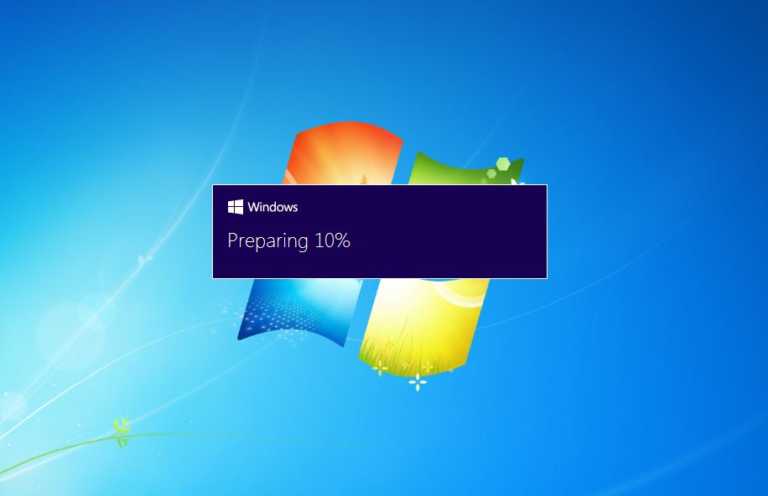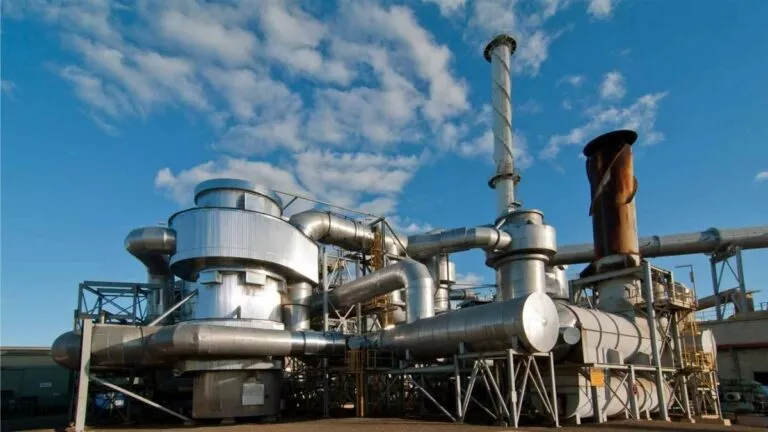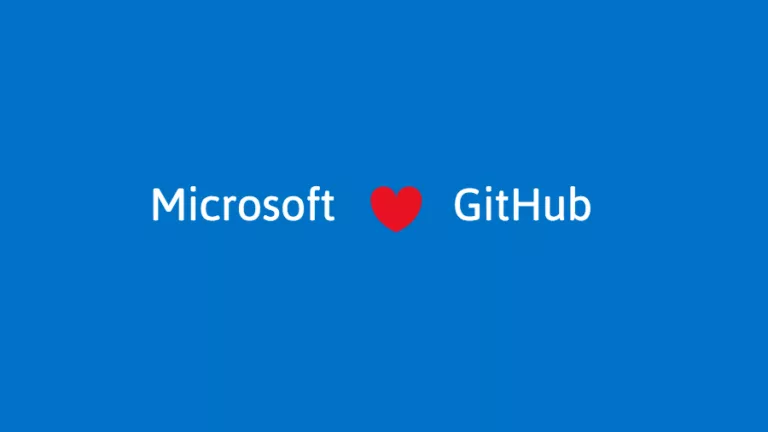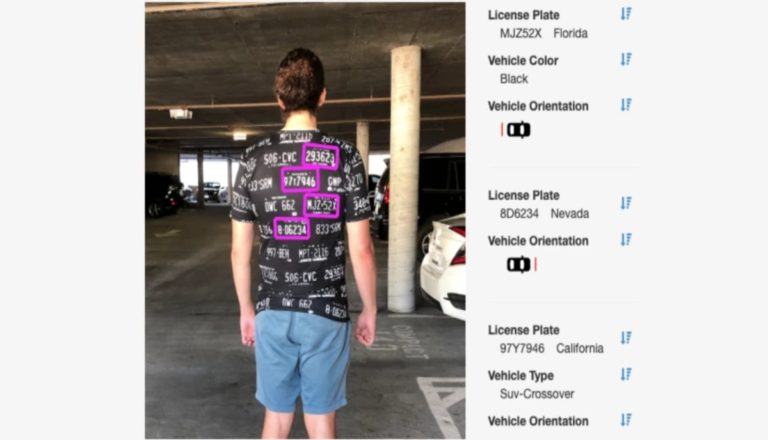Google Chrome’s New “Back/Forward Cache” Will Speed Up Page Loading

Google is working on a new cache for Chrome which would load web pages faster than before. However, this will be applicable only to the pages you’ve already visited, so revisiting those pages by hitting the back button will take lesser time.
Since Chrome caches files that make up a page, so revisiting that page shouldn’t force the browser to retrieve the JavaScripts, CSS and images used to build that page. But Chrome has to redo all of that whenever we press the back button on the browser. This is where the new cache steps in.
Dubbed the bfcache (backward/forward cache), it will store the entire state of the current webpage (like scripts, rendered images, scroll position) when you navigate to a new one.
On pressing the back button, Chrome will take you back to where you left instead of reloading the page from scratch and the page will look as if it was paused when you clicked on a link to new page.
The bfcache is different from the usual file cache — which can accelerate the loading of new pages and work across different browsing sessions.
Bfcache will speed up only the recently visited pages, which according to Google, makes up for 10% of pages on the desktop and 19% pages on mobile.
The concept of backward-forward cache isn’t exactly new as Safari and Firefox have been using a similar caching method for years through Page Cache and BFCache respectively.
Another noteworthy point is that the new cache could bring some improvement in battery life because resuming a suspended page consumes less power than rebuilding the page.
However, there is a chance that bfcache will increase Chrome’s memory usage problem which has been bothering users for years.
Also Read: Critical SHAREit Flaw Gives Attackers Full Access To Device Files






